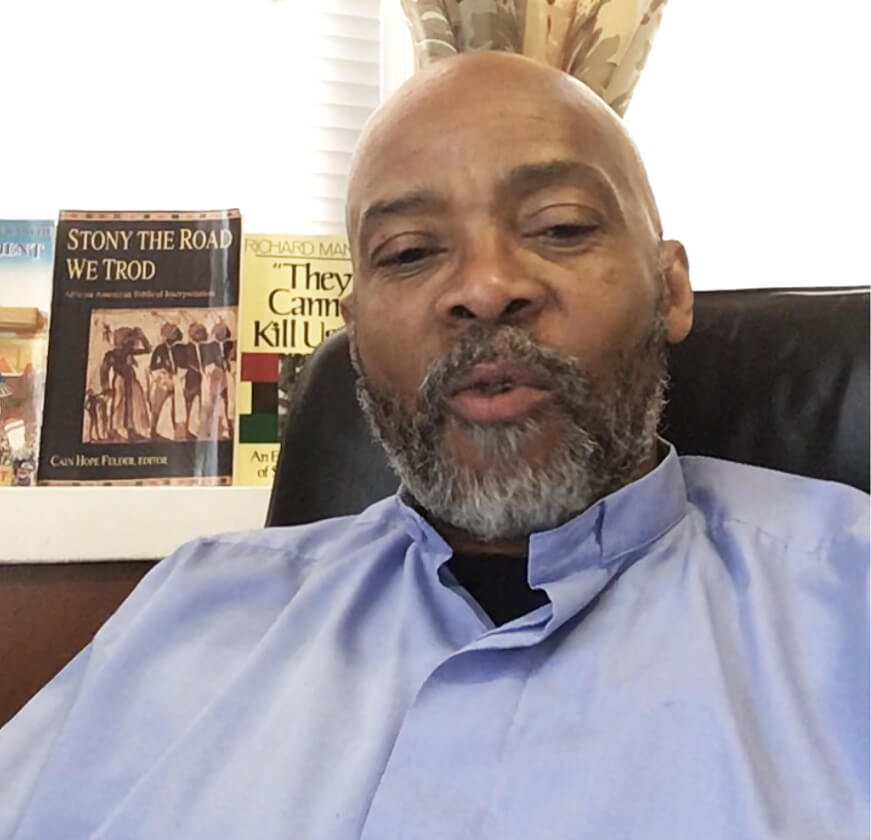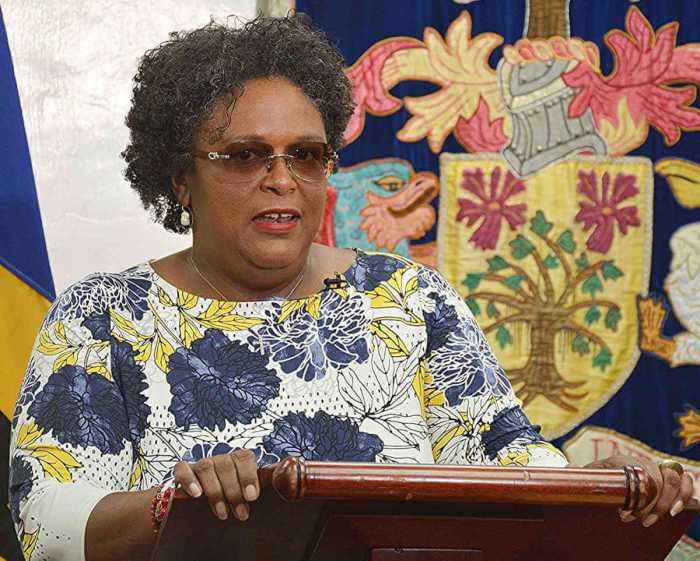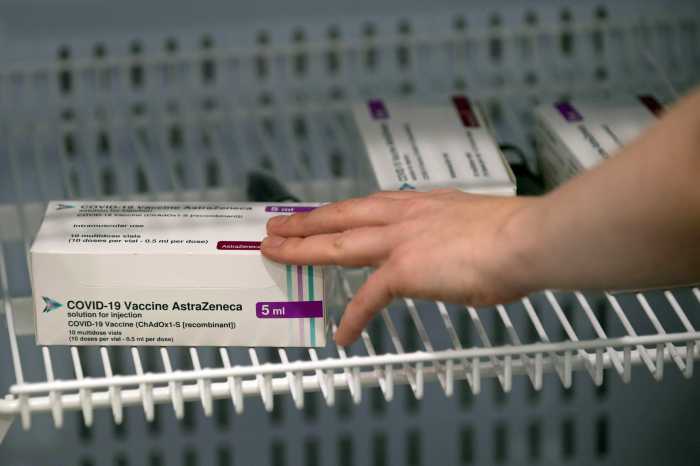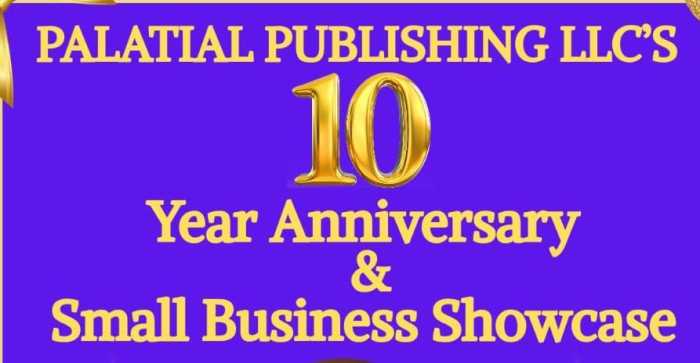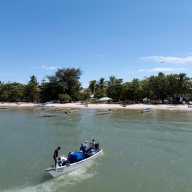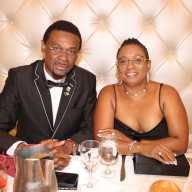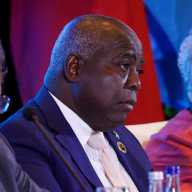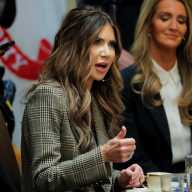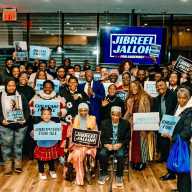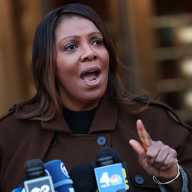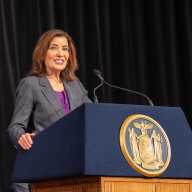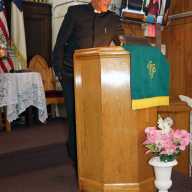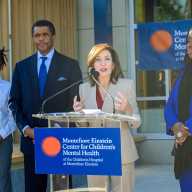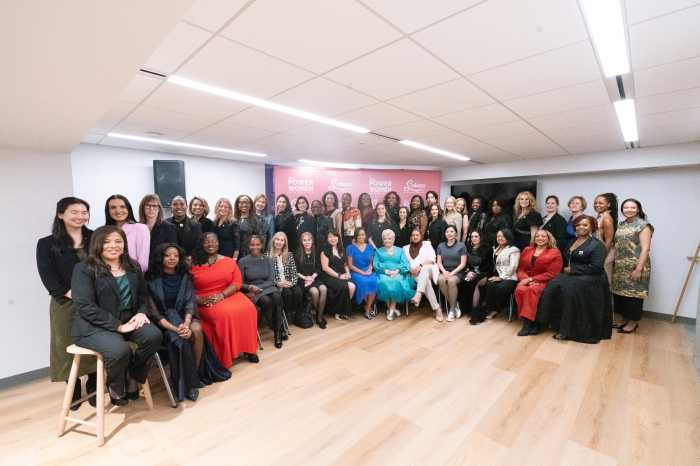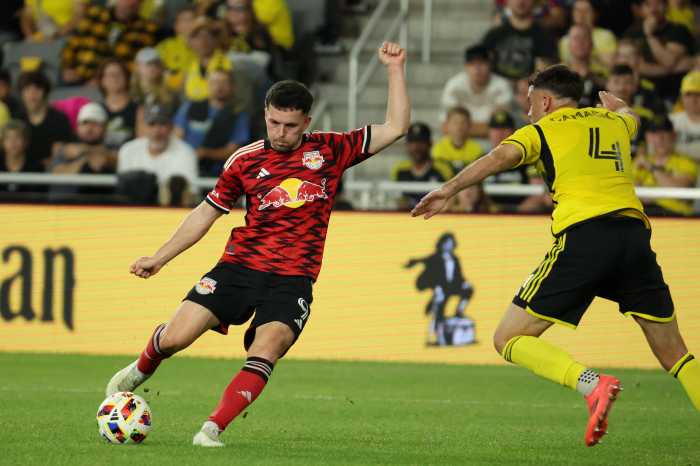Caribbean community faith leaders have been expressing mixed views on religious exemption for the COVID-19 vaccines.
In an effort to stem the rising rate of increase of infection with the variant strains of the COVID-19 virus, new mandates have been handed down by the City of New York.
Persons entering public spaces must provide proof of vaccination.
This has become necessary because those who are being infected and needing emergency care are predominantly unvaccinated members of the population, including children.
Under the new mandate Houses of Worship, including those in the Caribbean community in New York, are exempt from requiring proof of vaccination for persons entering their space.
The exemption is not based on health reasons but on the legal complexities derived from “Separation of Church and State,” according to veteran United Methodist Church pastor, Jamaican-born the Rev. Patrick Perrin, pastor of Janes United Methodist Church on Munroe Street in Bedford-Stuyvesant, Brooklyn.
Rev. Perrin said United Methodists are following the new mandate for reasons of health.
“We at Janes have been following the health protocols from the very beginning and, thanks be to God, we have not lost any of our members to the virus,” he told Caribbean Life on Sunday in an exclusive interview.
“We have vigorously encouraged our members and our wider community to receive the vaccination and, by our most accurate calculation, all have been vaccinated, except for those who could not because of medical exemptions,” Rev. Perrin added.
“We are concerned about the conflicting opinions regarding booster shots and would prefer to err on the side of caution and receive the boosters rather than not,” he continued. “In all that we do, we seek to show love and care for others.”
The Rev. Wesley Daniel, the Grenadian-born pastor of Calvary United Methodist Church on Dr. Martin Luther King Jr. Blvd. in the Bronx, said his position on COVID vaccine comes from a practical view, based on his religious conviction.
“It is very simple,” he said. “The church is a fellowship of believers who gather together for the purpose of worship and study, so that we may be in service to our fellow human beings and to the world, which is inclusive of our environment.
“We have all in some way been impacted by the COVID-19 pandemic,” he added. “It is our bounded duty to care for one another without reserve. In so doing, we follow the answer that Jesus gave as to which is the greatest commandment, the second of which is ‘to love your neighbor as yourself.’
“In this particular pandemic, wherein the virus is transmitted from person to person, it is our duty as Christians, religious persons, persons of faith, to do all in our power to limit the spread of the virus using the resources placed at our disposal,” Rev. Daniel continued. “One of the key resources that we have (not perfect), but effective, is the vaccine. I believe that it is a gift from God at this time through the work of medical experts. It has been proven to minimize the spread of the virus, save many people from becoming seriously ill, hospitalized and dying.
“We can spend a lot of time debating statistics, etc. In the meantime, we are witnessing the death of loved ones, and stress and traumatization engulf our present and mar our future,” he said.
Rev. Daniel said the story of Jesus and the Pharisee in Luke 14:1-5 (NRSV) is instructive, stating that, on one occasion, when Jesus was going to the house of a leader of the Pharisees to eat a meal on the sabbath, they were watching him closely.
“Just then, in front of him, there was a man who had dropsy,” Rev. Daniel said. “And Jesus asked the lawyers and Pharisees, ‘Is it lawful to cure people on the sabbath, or not?’ But they were silent. So, Jesus took him and healed him, and sent him away. Then he said to them, ‘If one of you has a child[c] or an ox that has fallen into a well, will you not immediately pull it out on a sabbath day?’
“Right now, we are in a not too dissimilar situation to the child or the ox,” he added. “We should not let our religiosity blind us the needs of this moment. I believe that Jesus was a pragmatist, assessing each situation as he encountered them, recognizing the need at any given moment and not letting religious, social or political law circumvent or superseded the need.
“In this moment, I cannot support religious exemption for the COVID vaccine,” Rev. Daniel stressed. “I am fully vaccinated, together with my family and other relatives. I have been an early advocate to my church members and will continue to do so each week until it is no longer necessary.”
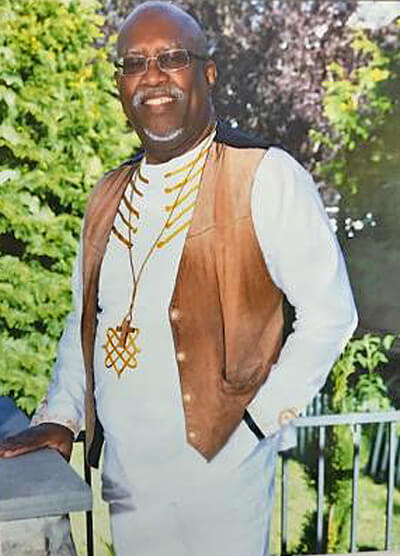
For the Dr. Rev. Gordon Edwards, the Antiguan-born senior pastor at Westchester United Methodist Church on Tremont Avenue in the Bronx, religious exemption from COVID-19 vaccination is a “legitimate accommodation for some persons on some levels.
“However, I am somewhat leery about the number of persons claiming religious exemption from the COVID-19 vaccines,” he said. “It seems as if persons are doing so just to support their anti-vaccines stance.
“I can understand those who might have issues with some ingredients in the vaccines. Let me declare that I do not know what ingredients are in the vaccines. However, a person whose religion excludes ingesting anything animal and the vaccines were to include stem cells for instance, an exemption is legitimate,” Rev. Gordon added. “There is no ground for exemption for persons who regard the vaccines as ‘mark of the beast.’
“I believe that whoever seeks exemption on religious grounds should have to prove and/or demonstrate their religious exemption; it should not be automatic upon the claim of religious commitment,” he continued. “I can understand Rastafari position against putting anything in the body that is not plant-based. However, not all religious claims are as straightforward as the Rastafari.
“What if persons are in a life and death struggle: the same religious persons will go ahead and benefit: situational ethos they claim,” Dr. Gordon said. “COVID-19 places the whole community in a life and death struggle, so that situational ethic should apply here. Here for me though is the underlying question that should matter: why should vaccinated persons be the sacrificial lambs to secure Hurd immunity for the protection of those who claim religious exemption?”
He said social and Biblical justice require that “we all place ourselves on the line for the common good.
“The benefit to the community trumps the individual rights of the few,” Rev. Gordon said. “Literally: ‘each vaccinated, all protected.’”
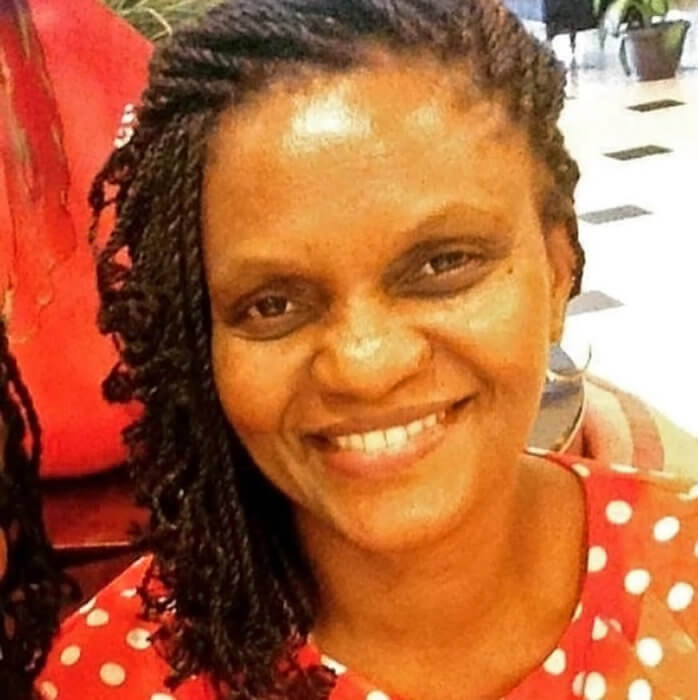
The Rev. Sharon Austin-Barrow, the Guyanese-born pastor of the Presbyterian Church of Elmont, on Elmont Road in Long Island, said she has only been in this position from Jan. 17, 2021.
As such, she said she could “not speak with authority about what went on before.
“From my observation, prior to my appointment on Jan. 17, 2021, the church was closed for a long time, and services were conducted via zoom. I cannot state specifically when it reopened for public worship,” she said. “Since I’ve been here, we have practiced and enforced the COVID-19 protocols at all cost.
“We practice social distancing in church by rearranging our benches to accommodate the 6 ft apart mandate,” Rev. Austin-Barrow said. “Every member wears a mask as soon as they enter the sanctuary, and this continues for the duration of the service. Bottles of hand sanitizers are posted at different locations within the church for members to use. During communion members remain in their seats and a disposable communion element is taken to them.
“Some of our members are in the health field, and we receive constant updates of the seriousness of this virus,” she added. “We uphold all the restrictions and have no problems following them.
“We believe that the COVID-19 vaccines and wearing masks help,” Rev. Austin-Barrow continued. “As Christians, it is our duty to be responsible and care for others.”
In regard to the Catholic Church’s official position, all the COVID-19 vaccines are morally acceptable and that Catholics have a “duty,” “responsibility” or “obligation” to be vaccinated, as outlined in the authoritative guidance repeatedly provided by Pope Francis, the Holy See and the U.S. Conference of Catholic Bishops.


